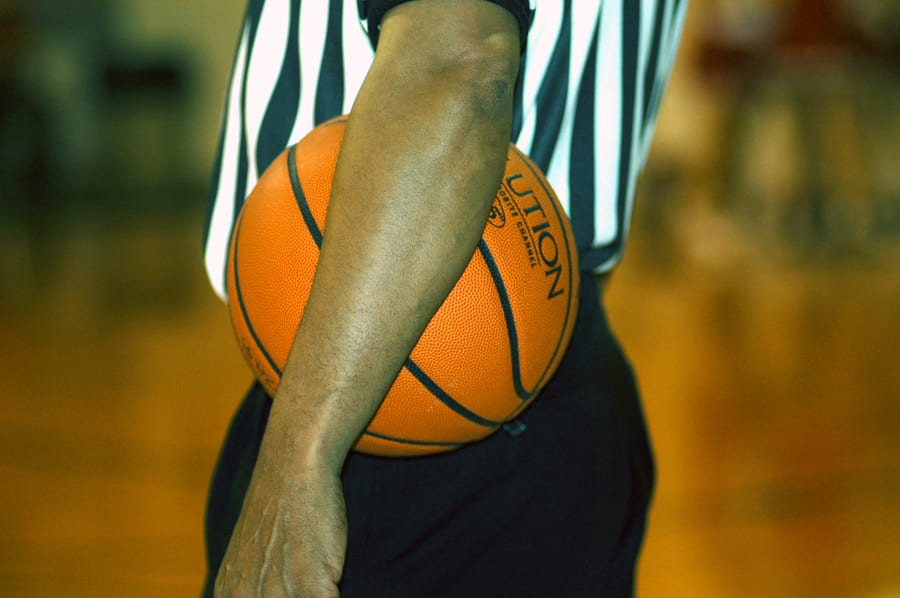Deaf Referee Sues Georgia High School Athletic Association

A deaf basketball referee is suing the Georgia high school athletics association, claiming that they discriminated against him on the basis of his disability. Donald Jacobs, a DeKalb school custodian, was a former player for the Georgia School for the Deaf and transitioned his love of the game to refereeing the sport. He has been officiating for four years in DeKalb County at the lowest level, a Tier 3 referee. As a Tier 3 referee, Jacobs has not received much work for varsity and post-season games and Tier 3 referees receive lower pay. In order to become a Tier 2 or Tier 1 referee for Georgia high school athletics, a referee must attend a high school athletics association referee camp for training and evaluation.
In his lawsuit against the high school athletics association, Jacobs claims that he was not provided an interpreter for the camp, so he was unable to understand the training and therefore failed to move above his Tier 3 status as a referee. The lawsuit claims the association violated the Americans with Disabilities Act (ADA) because Jacobs was not given the same opportunity as those able to hear, resulting in a lower evaluation.
In support of Jacobs, the National Association for the Deaf sent the athletics association a letter requesting that it provide interpreters for the training camps. The association responded, saying that it would not be providing interpreters. The association claimed that in the past, other deaf participants provided their own interpreters for the camps. The lawsuit claims that even though the association is not Jacobs’ employer, as a public accommodation and state entity, it is required by the ADA to provide equal access to its services and programs.
Federal Discrimination Under the ADA
The ADA is a federal law that prohibits employers and other entities from discriminating on the basis of disability in employment, state and local government, public accommodations, commercial facilities, transportation, and telecommunications. A person is considered disabled under the ADA if they have, or are thought to have, a physical or mental impairment that substantially limits a major life activity. A major life activity is any significant component of a person’s life, such as walking, talking, hearing, or learning.
In Jacobs’ case, he claimed that the athletics association violated Title II of the ADA, which prohibits discrimination in state and local government activities. Title II requires state and local government entities that receive any type of federal funding to provide an equal opportunity for the disabled to benefit from all of their programs, services, and activities. So long as the request for modification or accommodation is reasonable, without fundamentally altering the nature of the service or activity, or causing an undue financial or administrative burden, the state and local entities are required to make the necessary accommodations.
Talk to an Attorney Now
If you believe that you have been disadvantaged in the workplace due to a disability or other factor, you may have a claim for federal discrimination. Call the office or contact us today at The Vaughn Law Firm to learn more about your legal options.




